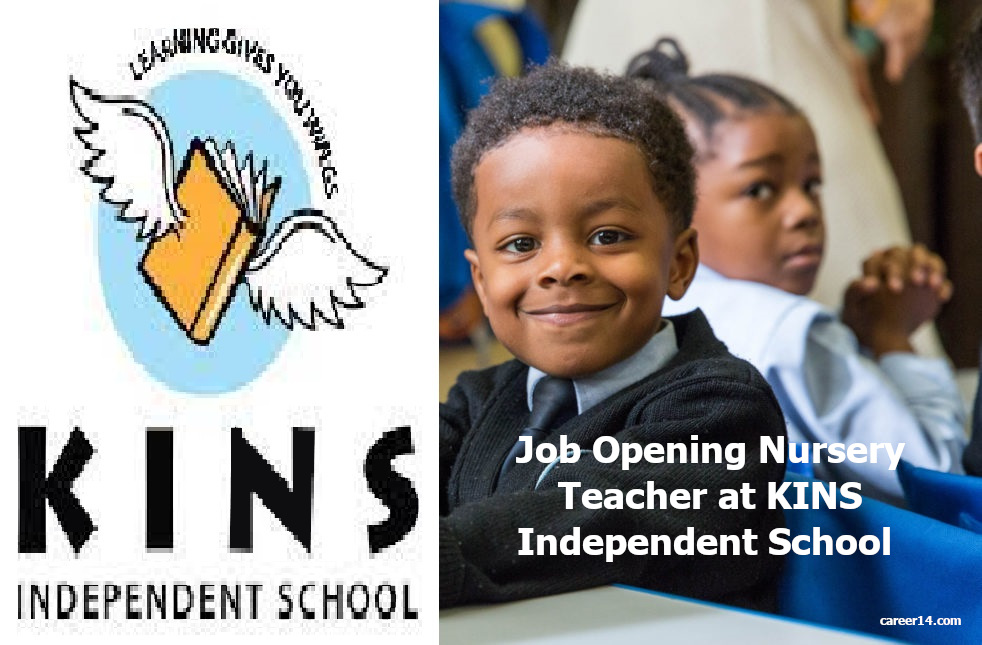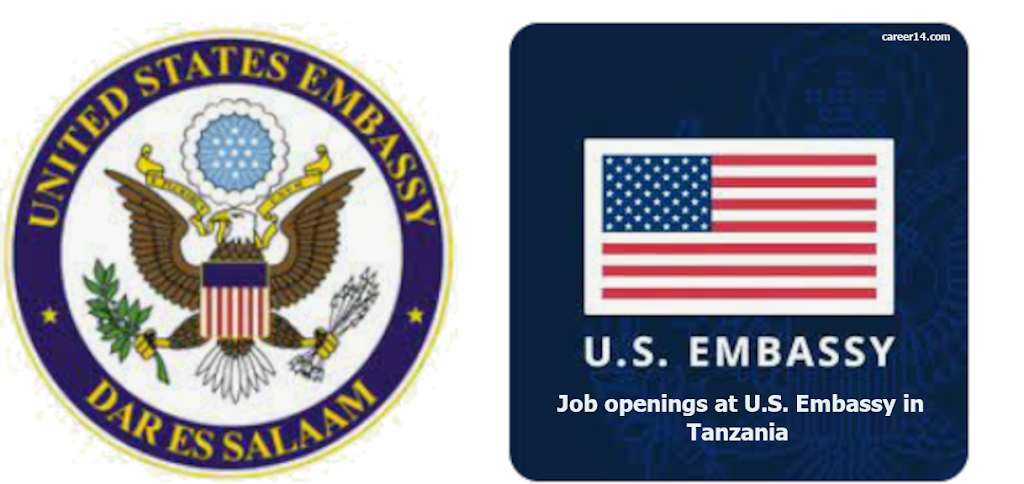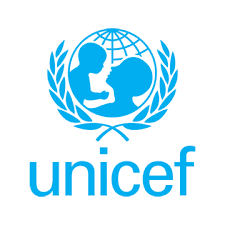unicef jobs dar es salaam, unicef jobs tanzania, unicef jobs 2021, nafasi mbalimbali za kazi unicef, unicef jobs for teachers 2021, unicef jobs november 2021, unicef jobs application, jobs at unicef tanzania
ABOUT UNICEF
As Tanzania moves steadily towards middle-income status, opportunities exist to ensure that the fruits of development are equitably distributed, and that the most vulnerable members of society – including children and women – are not left behind. With this in mind, UNICEF embarked on a new country programme, in partnership with the Government of Tanzania, in July 2016.
This five-year programme, from 2016–2021, focuses on practical ways to realize the rights of children. UNICEF’s work spans seven areas – health, HIV and AIDS, nutrition, water, sanitation and hygiene (WASH), education, child protection and social policy. The programme’s aim is that Tanzanian children, especially the most disadvantaged children and families, have access to and benefit from quality social services, knowledge and opportunities, and thereby have a fair chance in life.
Achieving programme results for children and women is driven by several implementation strategies. These include developing the capacity of families and communities to care for children and demand quality services; strengthening national capacity to deliver quality and equitable social services; and generating data and evidence to bolster child-centred policy development and leveraging more resources for children. Employing innovative approaches to solve key bottlenecks is a core strategy. The programme seeks to cultivate and diversify partnerships for greater reach and efficiencies.
UNICEF’s Country Programme of Cooperation is implemented within the framework of the United Nations Development Assistance Plan II (UNDAP II) with all UN partners working together. It is aligned with the Sustainable Development Goals (SDGs) and also supports Tanzania’s Second Five Year Development Plan, 2016/17–2020/21, a key tool for realizing the vision of becoming a middle income country by 2025.







